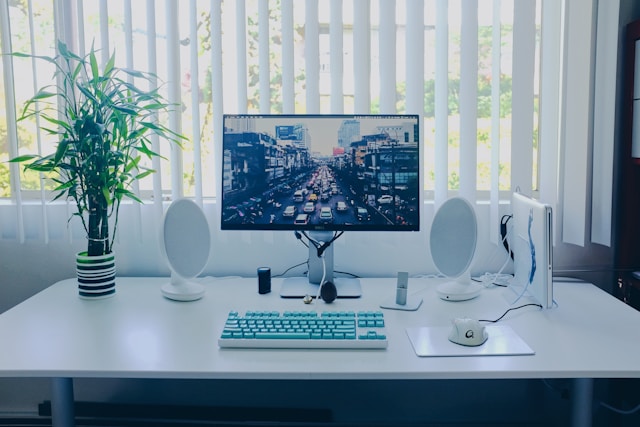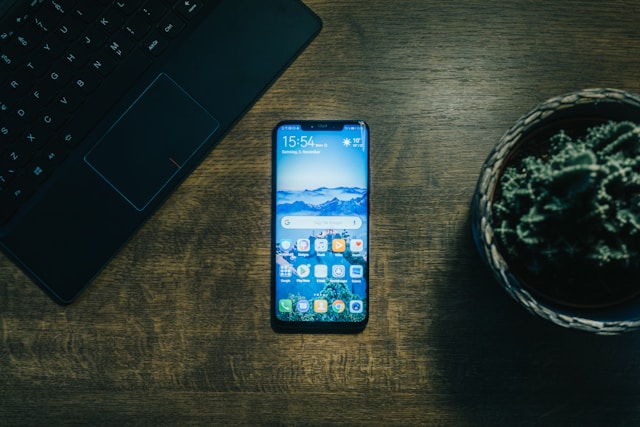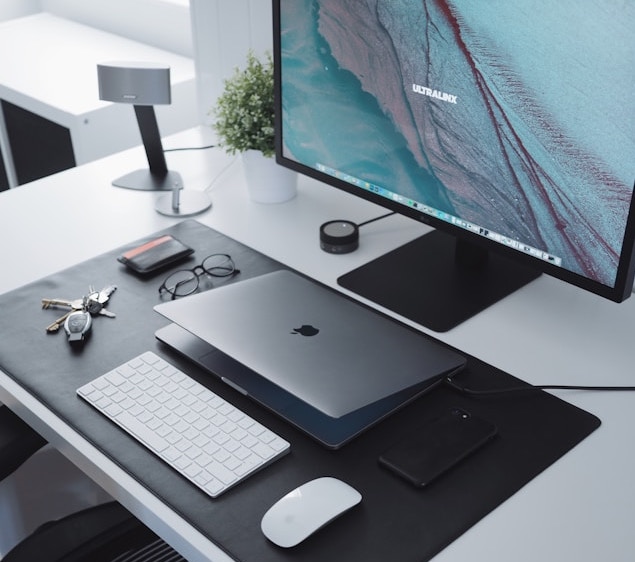Technology has evolved rapidly over the years, and it might feel like a lot to keep up with. It might seem overwhelming to you or even unnecessary. And it is absolutely OK to feel this way.
But the truth is having a smartphone or computer is increasingly important in today’s digital age.
Smartphones and computers in fact are quite useful for staying in touch with loved ones through calls, video chats, and messaging. They also allow us to quickly find information and stay updated with news.
These devices have become integral to how society functions, from applying for jobs to accessing healthcare information or online shopping. In today’s world, many services are online, like banking, shopping, and even scheduling appointments with doctors. Having a smartphone or computer makes these tasks much easier.
Learning to use a smartphone or computer doesn’t have to be overwhelming. Many people find it enjoyable once they get the hang of it, and there are resources available to help you learn.
It’s okay to take your time to decide. Here’s some information to help you understand more about how these devices work and how they can be useful.

Typically larger and stationary; consist of a separate monitor, keyboard, and CPU tower.
Generally more powerful than laptops due to larger size and ability to accommodate higher-end components like processors and graphics cards.
They are ideal for tasks that require significant computing power such as video editing, gaming, or working with large datasets. Suitable for prolonged use at a fixed location.

Laptops:
Portable, all-in-one devices with a built-in screen, keyboard, and trackpad.
They offer a balance between performance and portability. Can handle most tasks including office work, internet browsing, media consumption, and light gaming.
Laptops are very convenient for users who need flexibility and mobility. Suitable for students, travelers, or those who work in different locations.

Tablets:
Touchscreen devices that are thinner and lighter than laptops, without a physical keyboard.
Generally less powerful than laptops but sufficient for web browsing, email, social media, and streaming media.
Tablets are ideal for casual users who prefer a more intuitive touch interface. Great for reading eBooks, watching videos, or playing simple games. Some tablets can also be used for note-taking with a stylus.

Smartphones:
Smartphones are pocket-sized mobile devices with touchscreen interfaces.
They are increasingly powerful, capable of performing many tasks traditionally done on computers such as web browsing, email, social networking, and photography.
They are essential for communication (calls, messaging) and on-the-go tasks. Often used for navigation, taking photos/videos, managing calendars, and accessing apps.

